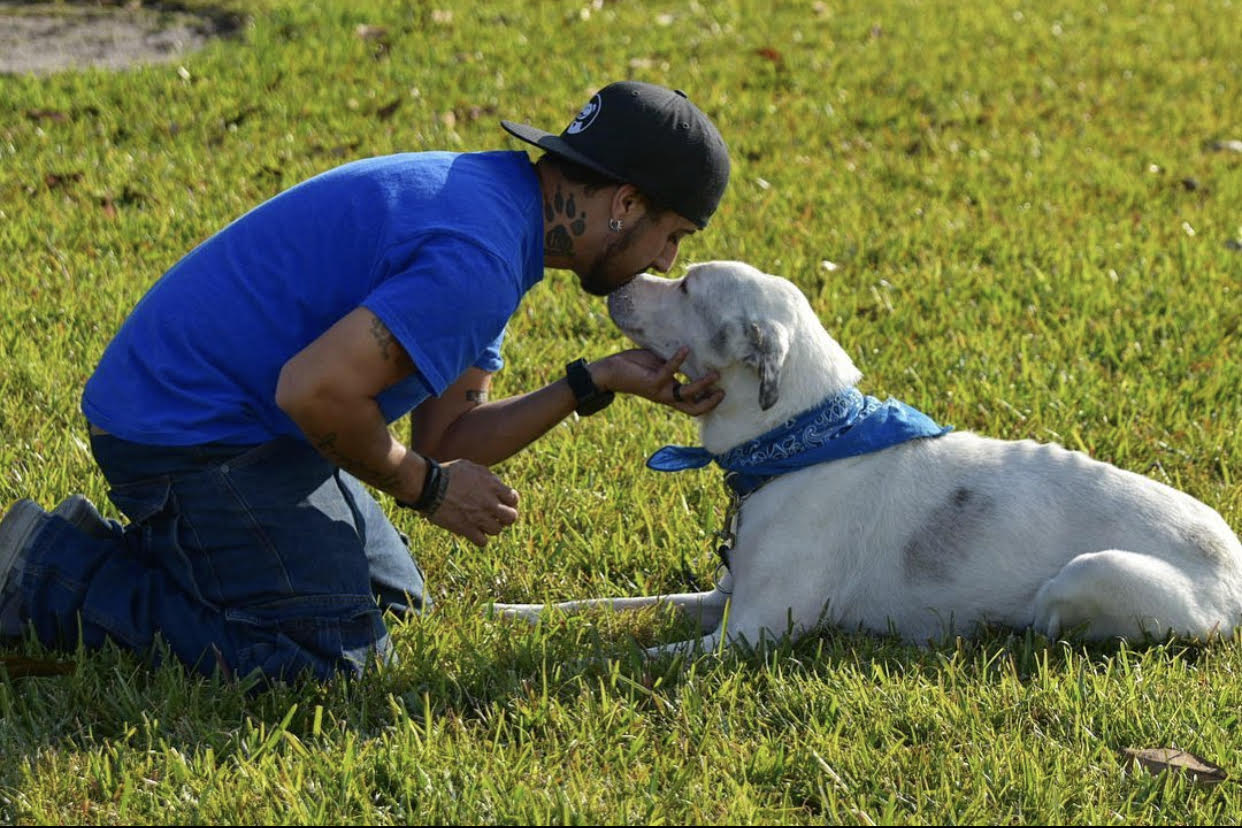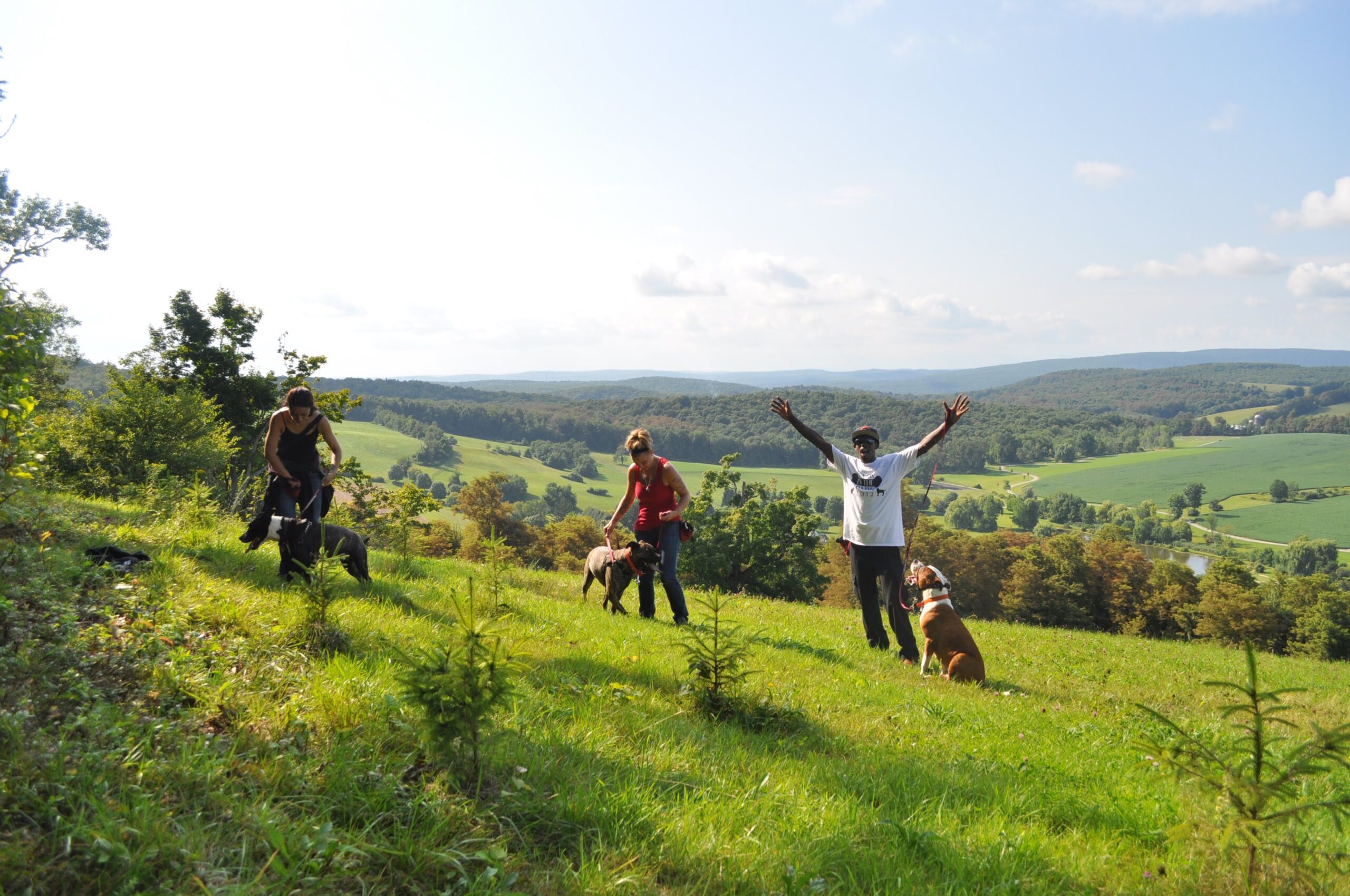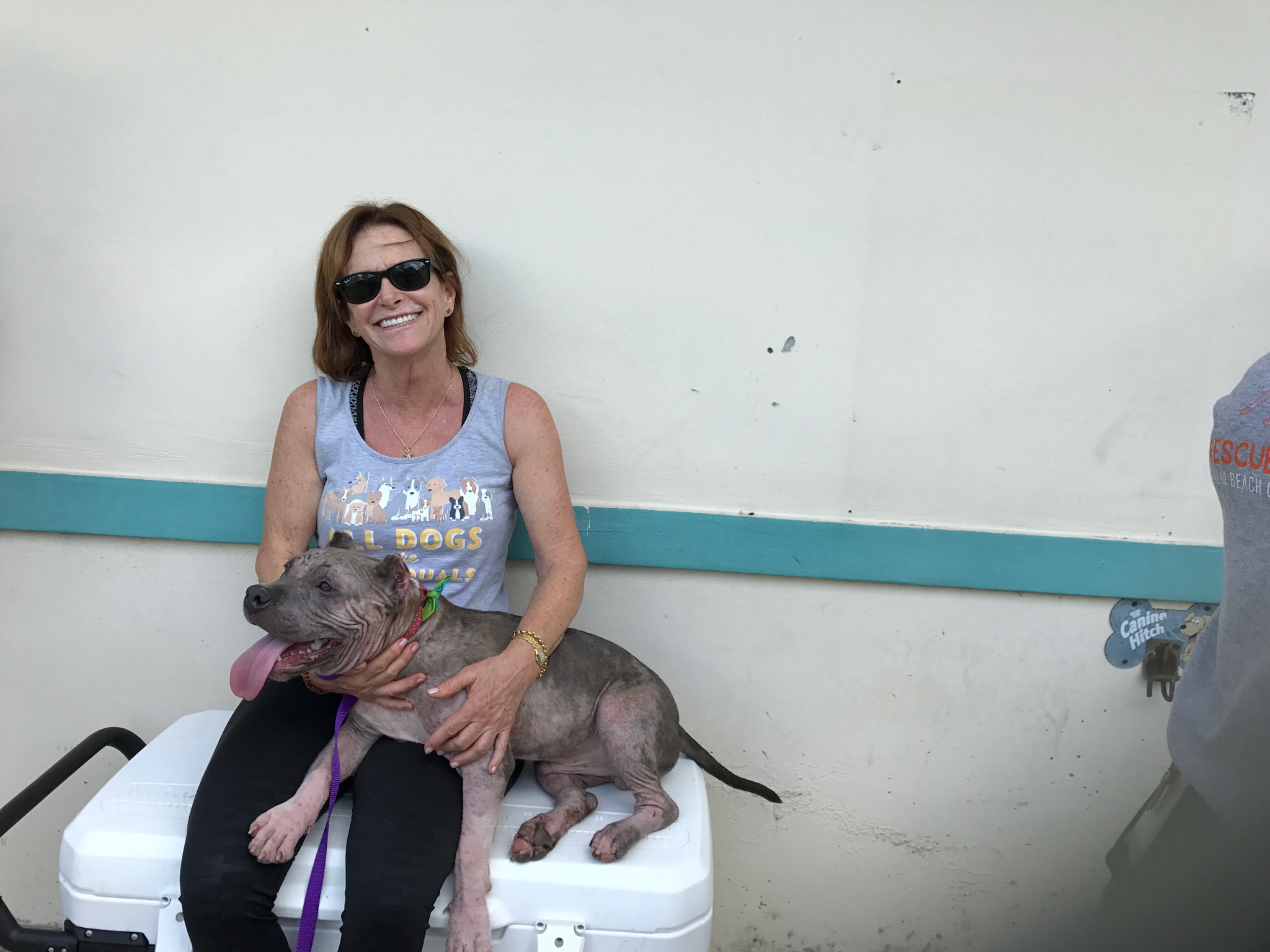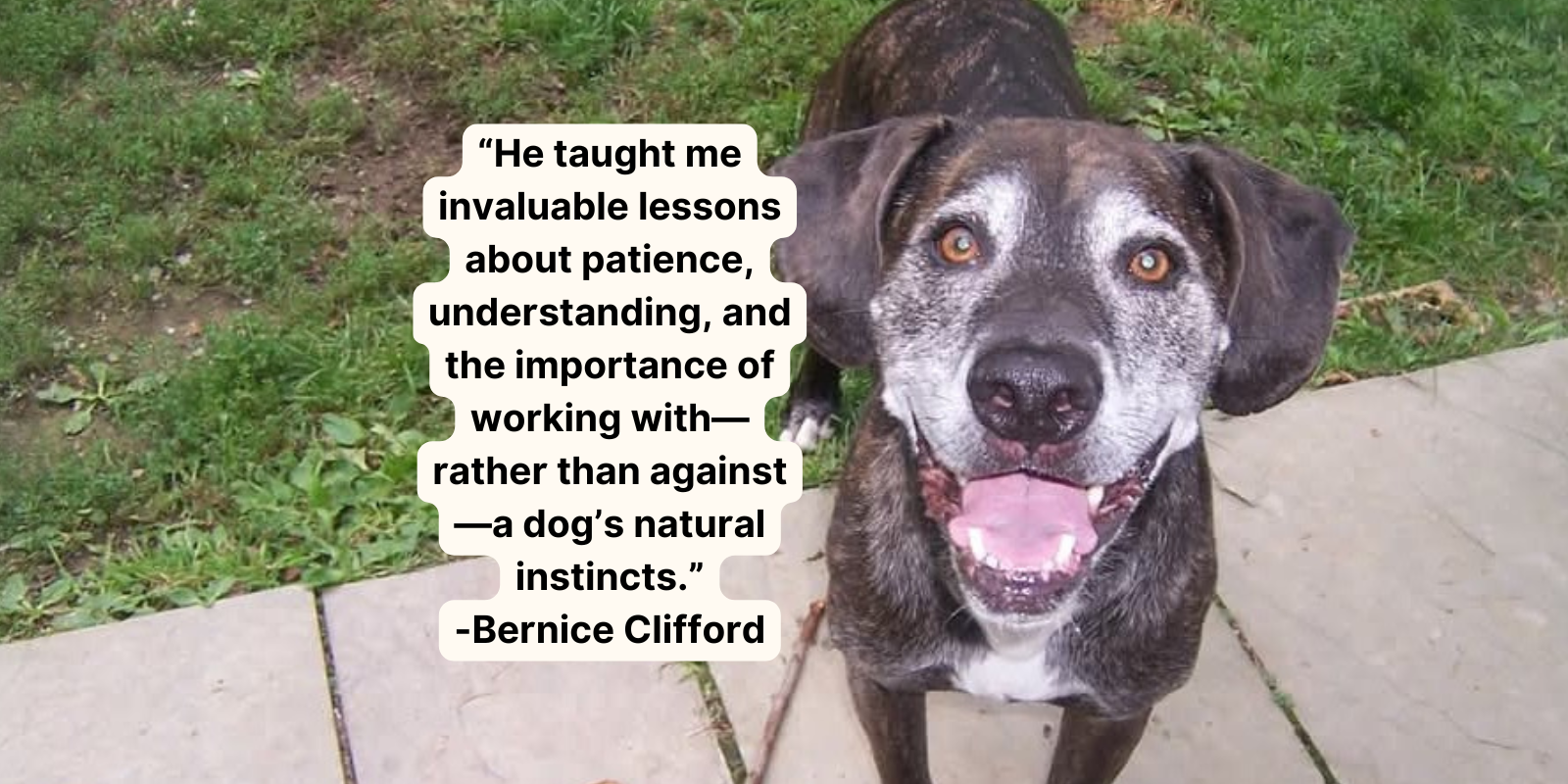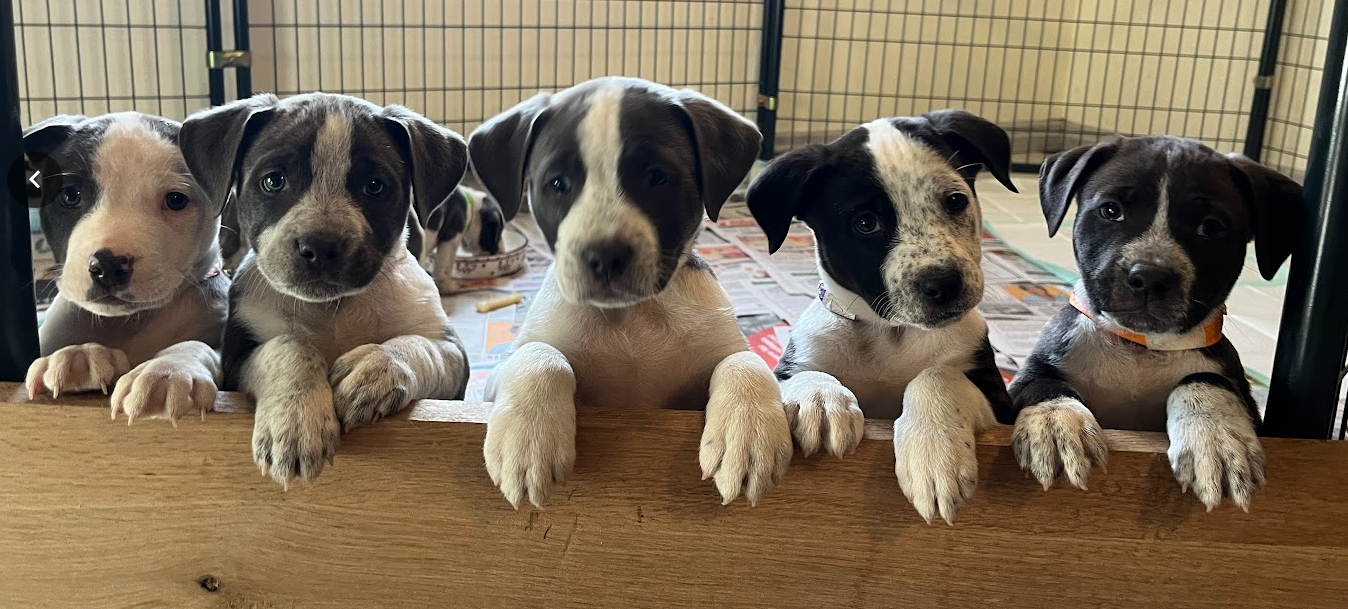More than one official has gone on record using the not-so-coded term “those people” in reference to this issue, saying they don’t want “those people” in their town.
They do nothing to hide how it was designed to prevent diverse communities – or how it is enforced subjectively by people who often place value judgments on dog owners.
BSL is a violation of individuals’ constitutional rights and we are proving that in court with our Breed Specific Legislation Legal Action Fund.
Since we began tracking instances of BSL across the United States, half of all existing or proposed instances have been repealed or rejected.
Discussing the human bias behind these restrictions is how we will end them. We all need to challenge ourselves to overcome our own biases. We’ve challenged those within animal welfare to do just that.
Over a decade ago, we began to address the issues of how subjective and unscientific breed labels affect people’s perceptions of shelter dogs – both in and outside of the shelter system. These labels led to adoption restrictions perpetuated by savior complexes rooted in classism, racism, ableism, and even ageism. We began using our platform to challenge people to deconstruct the bias behind their personal reasons for putting those restrictions in place.
The more we spoke and worked with dog owners affected by breed restrictions, we knew that it was our responsibility to do more. We started having more public conversations about the other ways, outside of sheltering, that society uses dogs as tools of discrimination.
For instance, people are now more openly discussing the fact that breed restrictions in the housing insurance industry are nothing more than a stand-in for redlining. There is no data that justifies targeting dog owners who have never had a dog bite claim. The lack of valid data is why lawmakers in several states have banned these restrictions because they directly contribute to housing inequality.
If you are someone who believes in social justice, who believes in taking the air out of industries that uphold the oppression of marginalized communities, if you believe that communities should be integrated and inclusive, we ask that you join us. Will ending breed restrictions solve America’s deep issues with inequity?
No, of course not.
Breed restrictions give discrimination an opportunity to flourish. By ending them, we take away that opportunity.
Help us do it.
Help us collect data about the personal impact of breed restrictions.
Donate to help fund our outreach campagins and our grantee programs.
Feature photo credit: FB/IG: @RafStarK9 TikTok: @itsRafStar

